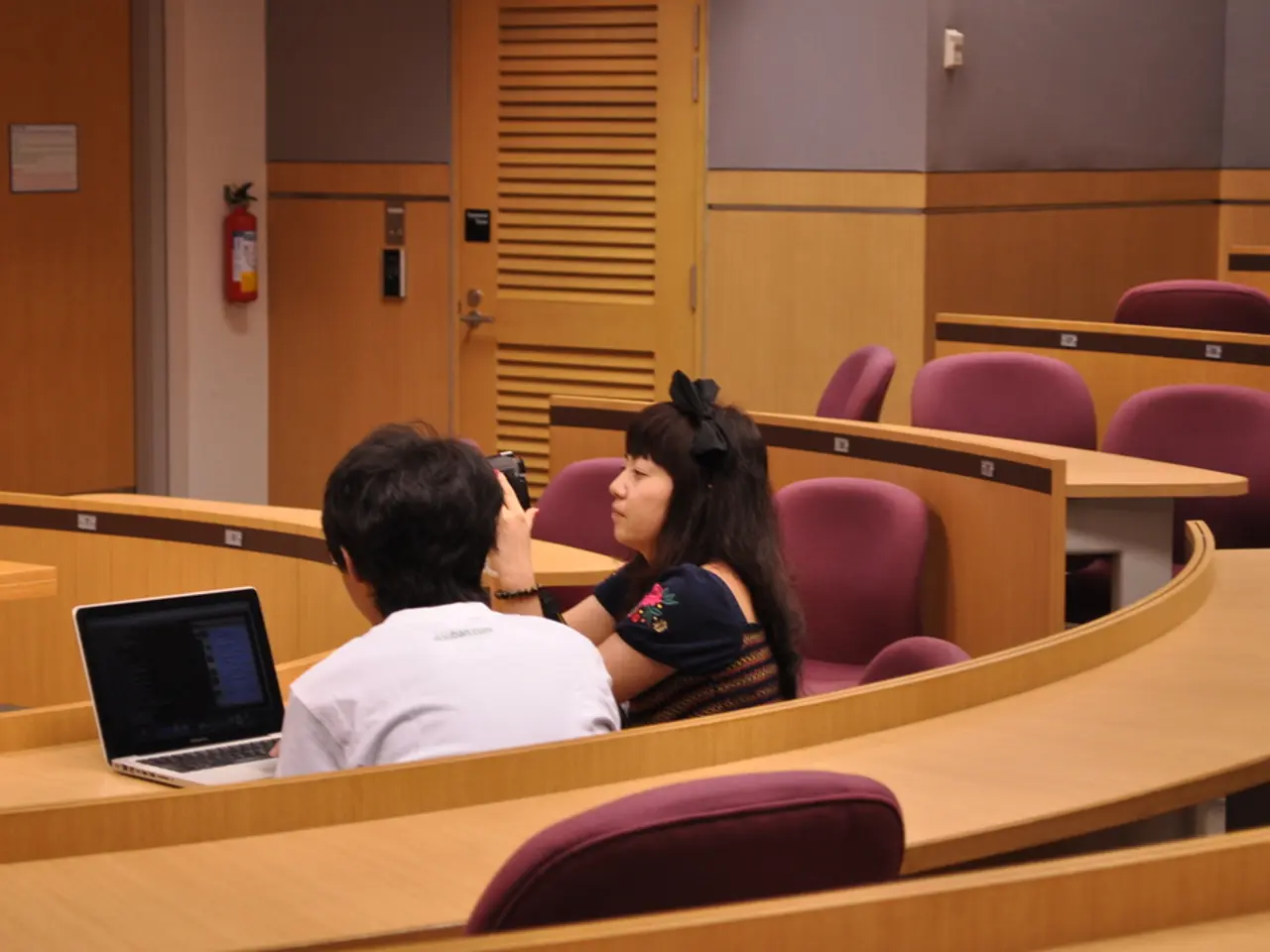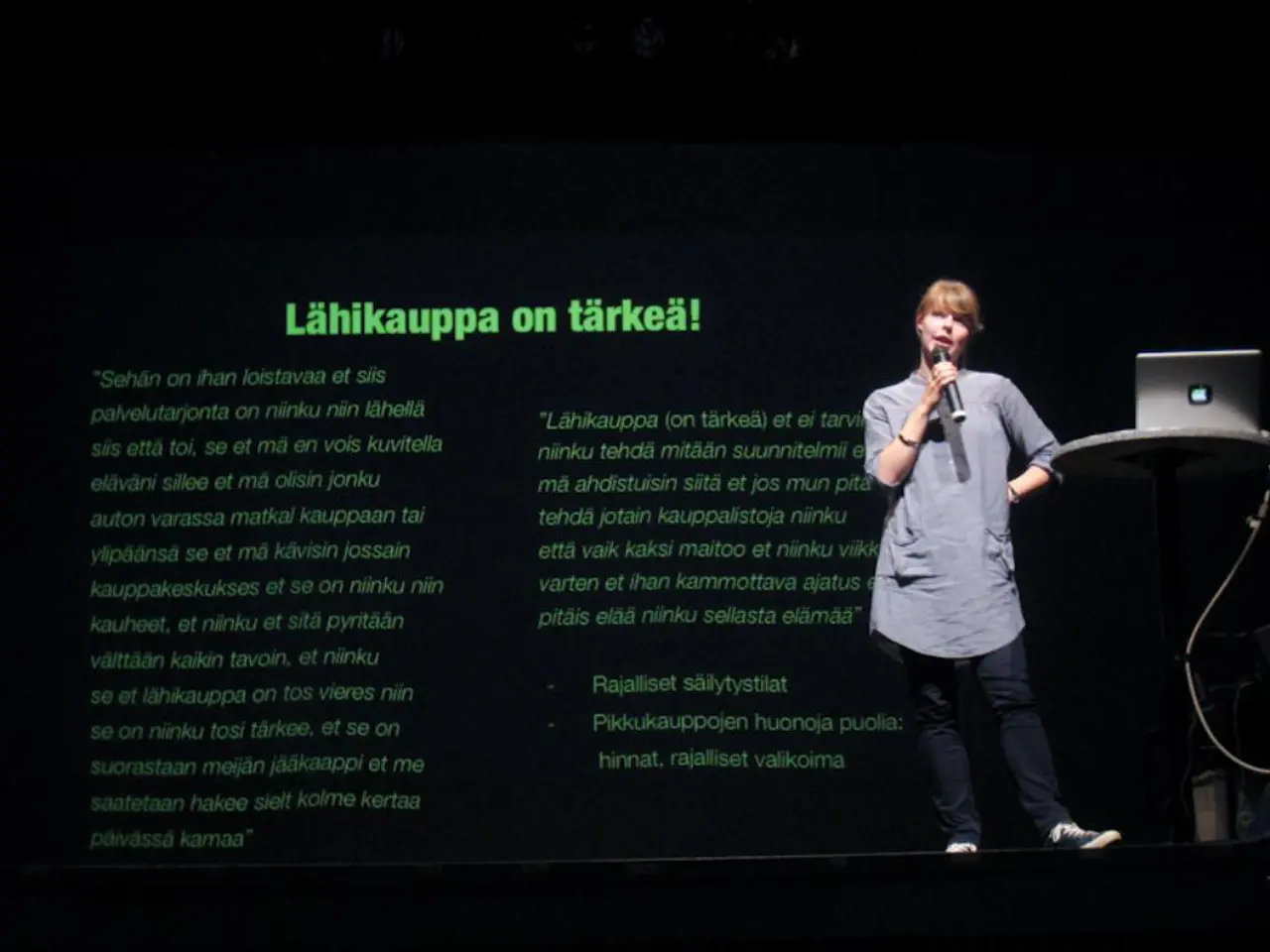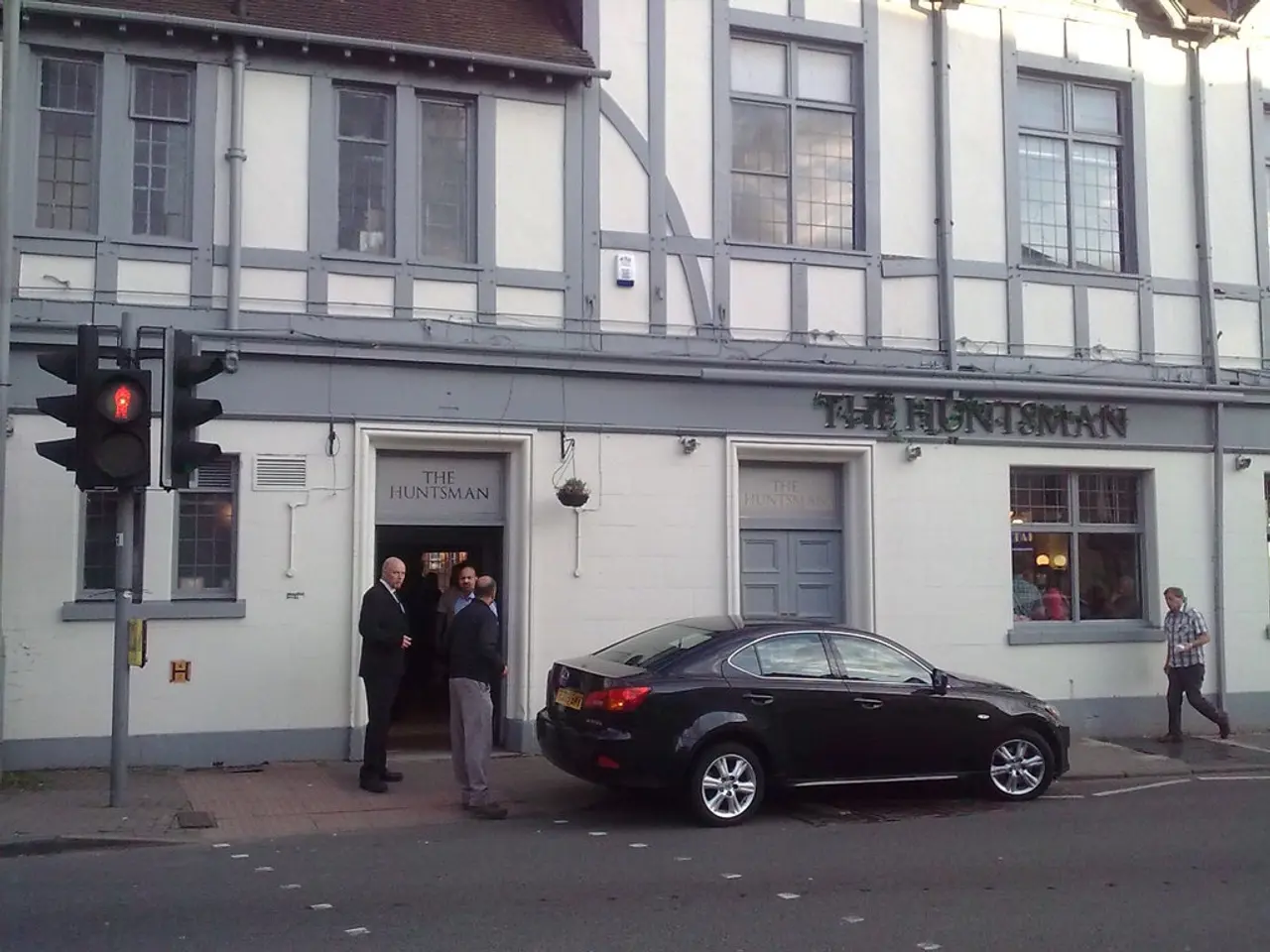Minister assigned digitally without designated funds for projects
In a recent turn of events, Lisa Paus, Chair of the Budget Committee and a member of the Green Party, has raised concerns about the lack of a separate budget for Karsten Wildberger, the State Minister for Modernization and Digitalization, in the current budget plan.
Paus emphasized the need for clarity on the departments and responsibilities bundled under Wildberger, citing the importance of effective implementation of digitalization and modernization initiatives. She criticized the absence of a separate budget for Wildberger's office, stating that the minister's role involves coordinating and controlling IT and digital projects that remain financially embedded within other ministries.
The minister's role is significant, given that the newly created Ministry for Digitalization and State Modernization consolidates digital responsibilities from multiple ministries. Wildberger holds a spending veto power over major IT projects in other ministries, effectively controlling digital spending without having a separate standalone budget. This arrangement reflects a strategic choice to centralize digital governance and modernization efforts across ministries rather than allocating a specific budget to the new ministerial office.
Paus's statements were published by the broadcasters RTL and ntv. She expressed her dissatisfaction with the current implementation of the government's plans in the areas of digitalization and state modernization, highlighting the gap between the announcements and the actual implementation of the deeds. She also stated that the federal government's failure to provide a separate budget for Wildberger's office is a cause for concern, particularly regarding the unclear responsibilities and implementation gaps for the State Minister for Modernization.
This issue, while not directly stated elsewhere, can be inferred from the structural setup of Wildberger's ministry, which aims to modernize the state apparatus through cross-ministry coordination rather than direct individual spending. The ministry is missing in the budget decision, according to Paus.
In conclusion, Paus's criticisms underscore the importance of a clear budget and defined responsibilities for the State Minister for Modernization and Digitalization to ensure the successful implementation of digitalization and modernization initiatives. The consolidation approach, while strategic, may raise questions about accountability and transparency in the execution of these crucial tasks.
The issue of a separate budget for the State Minister for Modernization and Digitalization, Karsten Wildberger, is crucial in the realm of policy-and-legislation, as lack of clarity could potentially impact the successful implementation of digitalization and modernization initiatives. This concern is deeply rooted in the politics of government transparency, especially regarding the general-news about the execution of the federal government's plans in these critical areas.







